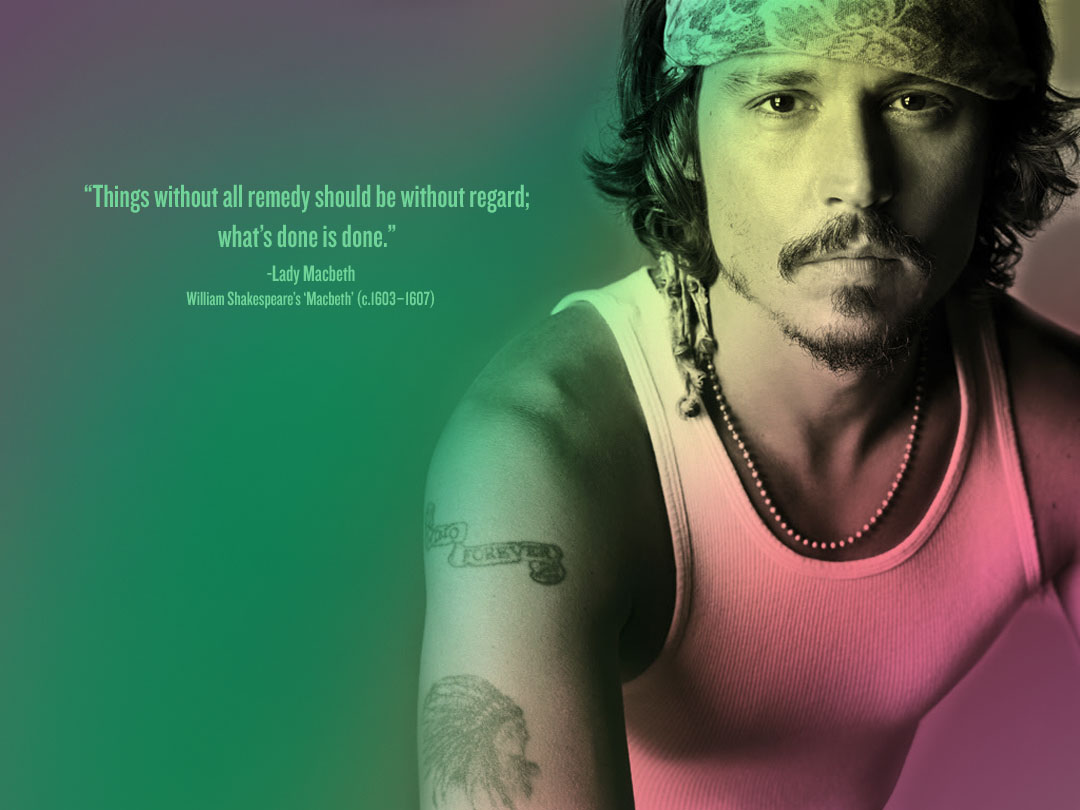Whenever I find myself thinking about the psychology of regret, I always go back to the fall of 1996 and something my buddy Lyle once told me. He was deep into the first month of his very first psychology class, and I had asked him if there was an umbrella-like common denominator to the study psychology and the human mind. His answer was something that I have never forgotten, and it was the first time I had learned that the core essence of psychology, the study of the human mind and the study of human behaviour begins and ends with regret. The word psychology literally means, “the study of the soul”, and no human soul in the history of mankind has been untouched by regret. It is one of the most powerful forces operating in our brains that ends up making each of us who we are, and in a brilliant speech at TED, journalist Kathryn Schulz explores the psychology and science of regret, and opens the her talk by revealing her traumatic reaction to getting a tattoo in her late 20s. Schulz continues:
“If we have goals and dreams and we want to do our best, and if we love people and we don’t want to hurt them or lose them, we should feel pain when things go wrong. The point isn’t to live without any regrets, the point is to not hate ourselves for having them… We need to learn to love the flawed, imperfect things that we create, and to forgive ourselves for creating them. Regret doesn’t remind us that we did badly — it reminds us that we know we can do better.”
Schulz explains how regret is the emotion we experience when we think that our present situation could be better or happier if we had done something different in the past. Therefore, regret requires two things: 1) it requires agency — we had to make a decision in the first place; and 2) it requires imagination to be able to go back in time, make the change, and spool forward to see how our present would be different. Her fascinating 16 minutes of insight into the fundamental importance of regret is worth every second of your time (just make sure you watch it to the very end!) Kathryn Schulz is the author of Being Wrong: Adventures in the Margin of Error, and her work has appeared in The New York Times, Rolling Stone, The Nation, Foreign Policy, New York Magazine, and The Boston Globe, among other publications. She writes The Wrong Stuff, a blog on Slate magazine, and is a regular contributor to The New York Times’ Freakonomics blog. Schulz was the 2004 recipient of the Pew Fellowship in International Journalism (now the International Reporting Project), and has reported from throughout Central and South America, Japan and the Middle East.
To learn more about Kathryn’s work be sure to visit the site of her brand new book at BeingWrongBook.com. And Brain Pickings also suggests that if you love Kathryn’s speech below, then you don’t want to miss Brené Brown’s wonderful talk on wholeheartedness as well.


